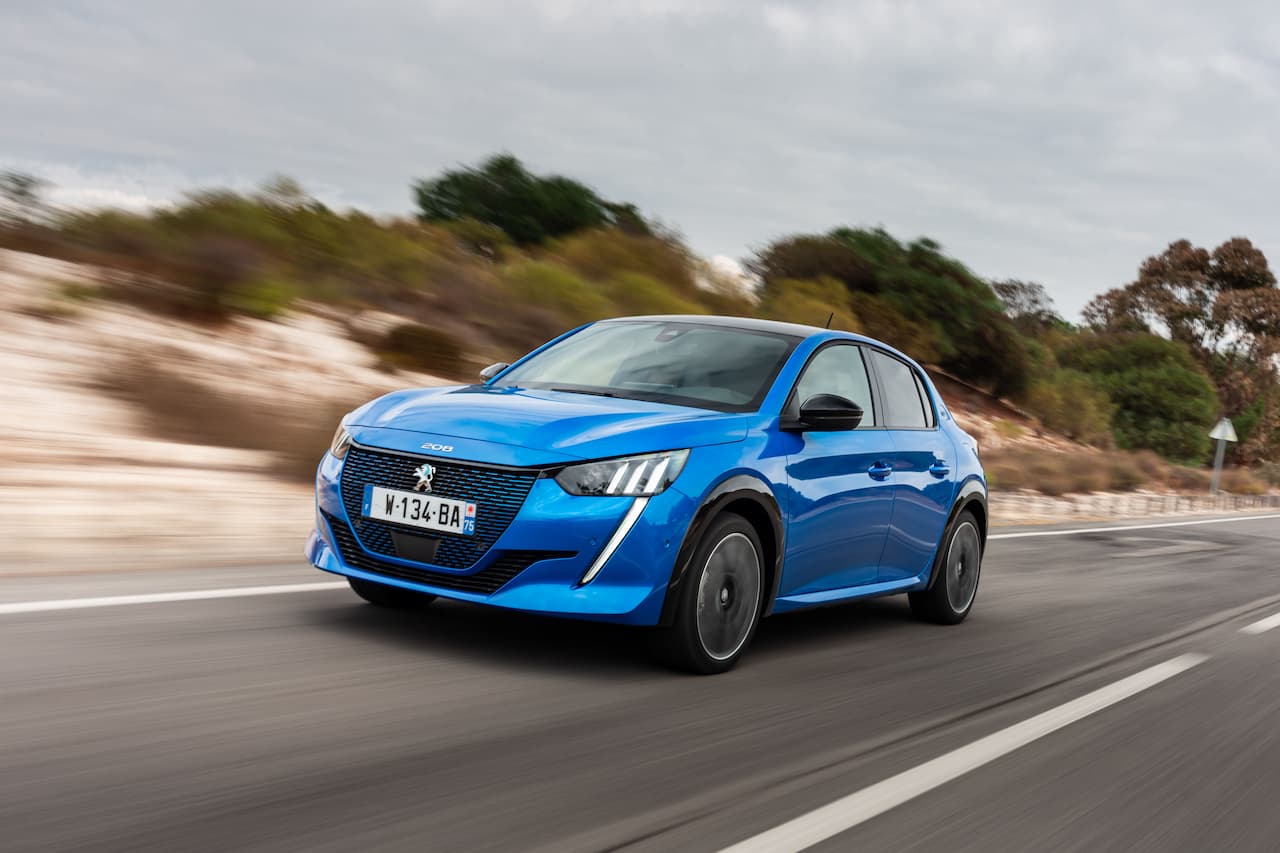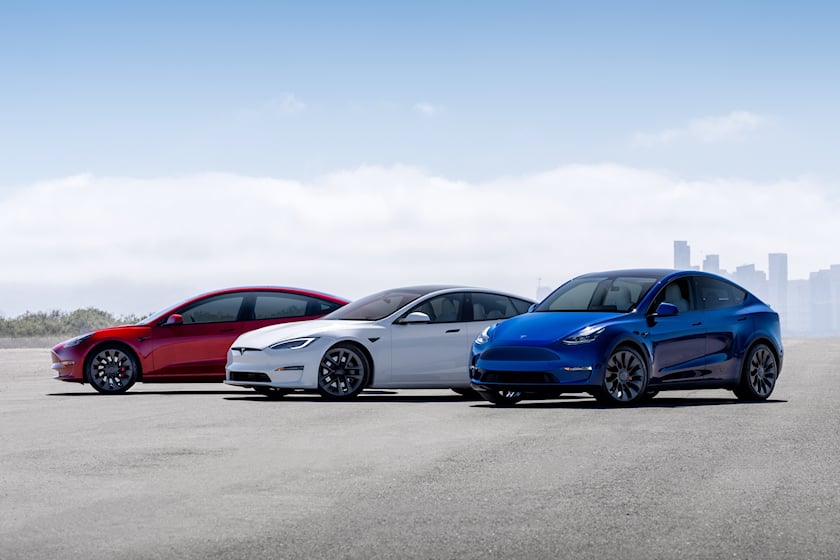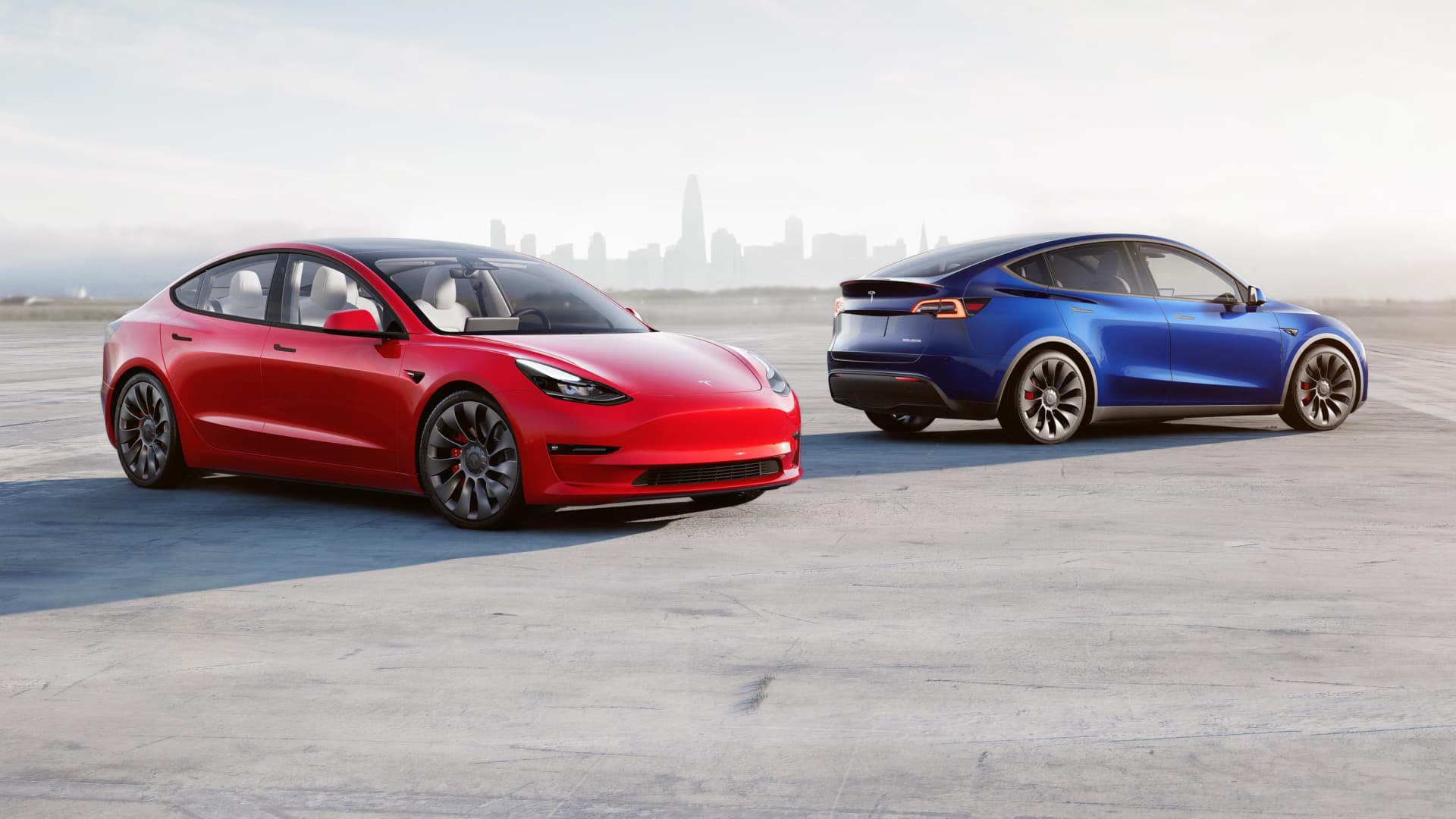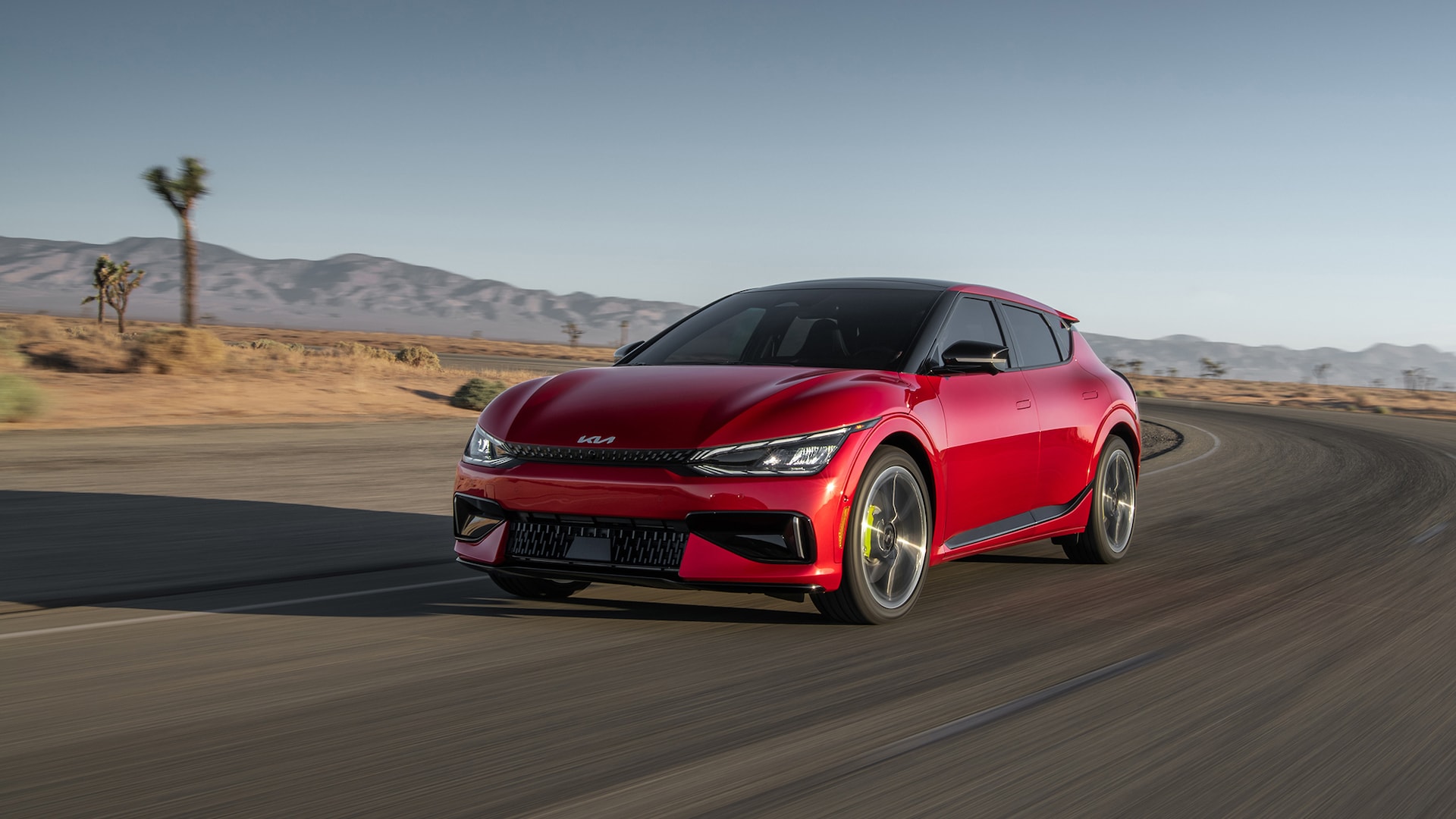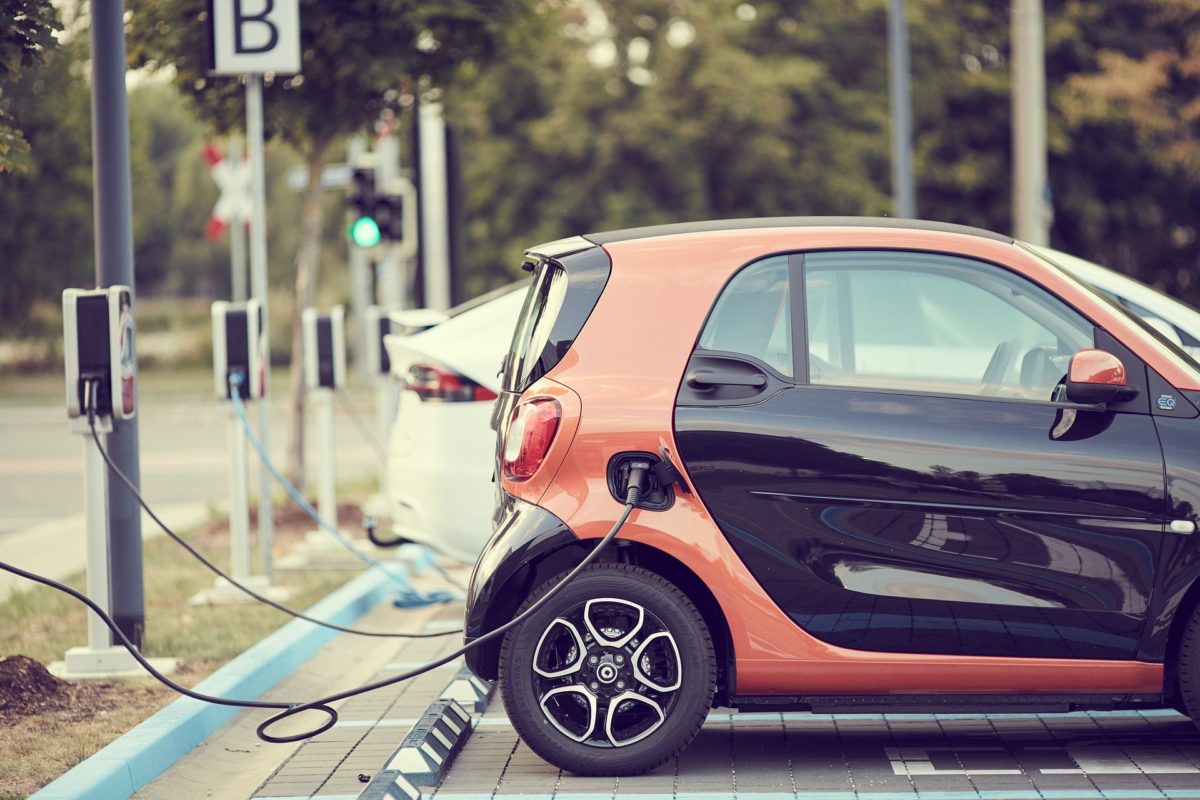In December 2022, new passenger car registrations in France remained stable at 158,006, on par with December 2021. However, the overall volume for the year decreased by 8% to 1.53 million units, the lowest result in 47 years (since 1975).
While the market for plug-in electric cars is growing, it is doing so at a slow pace. According to L’Avere-France, 42,461 new plug-in vehicles were registered in France last month, a 6% increase from the previous year. This includes 39,488 passenger plug-in cars, a 2% increase, making up 25% of the market (compared to 24.5% the previous year). The growth in the market is solely from all-electric cars, as the market for plug-in hybrids decreased last month.
New plug-in vehicle registrations:
- Passenger BEVs: 24,944 (up 8%) at 15.8% market share
- Passenger PHEVs: 14,544 (down 6%) at 9.2% market share
- Light commercial BEVs: 2,937 (up 100%) at 8.9% market share
- Light commercial PHEVs: 36 (down 54%)
- Total plug-ins: 42,461 (up 6%)
In 2022, the number of new plug-in electric cars registered in France reached 346,000, an increase of 10% from the previous year when over 315,000 were registered. This growth rate is significantly lower compared to previous years.
It is uncertain how France’s reduce of incentives for new all-electric cars from €6,000 to €5,000 ($5,422) on January 1, 2023, will affect growth in the industry. Only time will tell.
In December, the most registered electric model was the Dacia Spring with 2,800 units, followed by the Tesla Model 3 with 2,675 units, the Renault Megane E-Tech with 2,534 units, and the Tesla Model Y with 2,493 units.
For the full year, the best-selling electric model was the Peugeot e-208 with 19,220 units, closely followed by the Dacia Spring with 18,326 units. The Tesla Model 3 came in third place with 16,754 units, beating out the Renault Megane E-Tech.
It’s worth noting that with 11,892 Model Y units sold, Tesla has a strong presence in France, which was previously dominated by the locally produced Renault Zoe.

